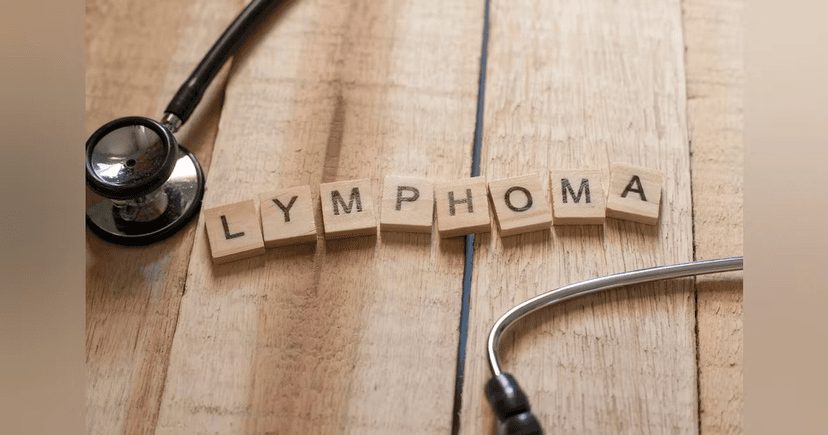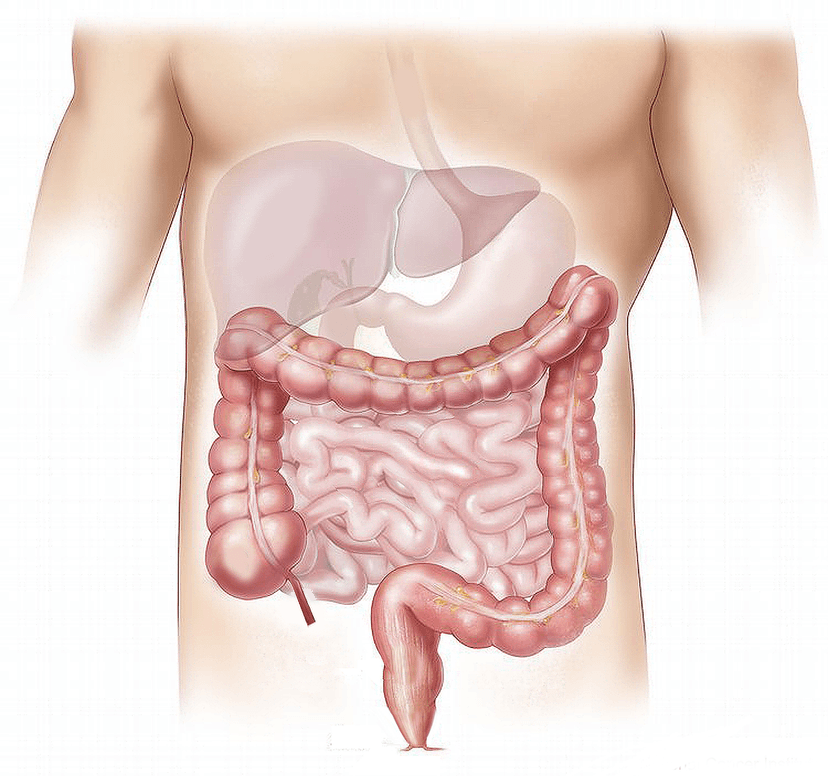
Leukemia Treatment Options in the UK: A Guide for Patients from Russia
01 Aug, 2024
 Healthtrip Team
Healthtrip TeamLeukemia, a type of cancer that affects the blood and bone marrow, requires specialized care and treatment. For Russian patients seeking treatment abroad, the UK is a prominent destination offering advanced medical care. This blog will provide a comprehensive guide on leukemia treatment options in the UK, including top hospitals, treatment methods, and important considerations for Russian patients.
Most popular procedures in India
Leukemia
Leukemia is a group of cancers that start in blood-forming tissues, such as the bone marrow and lymphatic system. It leads to the production of abnormal white blood cells that interfere with the body's ability to fight infections. The main types of leukemia are:
- Acute Lymphoblastic Leukemia (ALL)
- Acute Myeloid Leukemia (AML)
- Chronic Lymphocytic Leukemia (CLL)
- Chronic Myeloid Leukemia (CML)
Treatment varies depending on the type of leukemia, the patient's overall health, and other factors.
Wellness Treatments
Give yourself the time to relax
Lowest Prices Guaranteed!

Lowest Prices Guaranteed!
Treatment Options for Leukemia
A. Chemotherapy
Chemotherapy is a cornerstone of leukemia treatment, utilizing potent drugs designed to target and eradicate cancer cells from the bloodstream and bone marrow. This approach involves administering drugs in cycles, which may vary in duration and intensity depending on the type of leukemia and individual patient needs. The primary goal of chemotherapy is to induce remission by destroying leukemia cells and halting their proliferation. The drugs can be administered either orally in the form of pills or intravenously through injections or infusions, depending on the specific medication and treatment plan.
While chemotherapy is highly effective in many cases, it is often accompanied by a range of side effects. Patients may experience nausea, hair loss, and fatigue as common reactions, along with an increased risk of infections due to the suppression of the immune system. Despite these potential challenges, chemotherapy remains a vital and often life-saving component in the fight against leukemia, aiming not only to manage the disease but also to potentially achieve a cure.
B. Targeted Therapy
Targeted Therapy represents a more specialized approach to leukemia treatment by concentrating on specific molecular targets that are crucial for the growth and survival of cancer cells. Unlike traditional chemotherapy, which affects all rapidly dividing cells, targeted therapy is designed to interfere with specific proteins or pathways that are essential for leukemia cell proliferation. For instance, tyrosine kinase inhibitors (TKIs) are a key component of treatment for chronic myeloid leukemia (CML), as they specifically inhibit the BCR-ABL protein that drives the disease. Additionally, monoclonal antibodies are employed to bind to particular proteins on the surface of leukemia cells, marking them for destruction by the immune system.
This precise targeting helps to minimize damage to healthy cells, often leading to fewer side effects compared to conventional chemotherapy. However, targeted therapy can still cause side effects, such as fatigue, skin rash, and liver function abnormalities, which need to be managed effectively. Overall, targeted therapy offers a tailored approach that enhances treatment efficacy while aiming to reduce collateral damage to normal tissues.
C. Immunotherapy
Immunotherapy is an innovative approach to treating leukemia by harnessing and enhancing the body’s natural immune system to better recognize and combat cancer cells. This treatment modality includes several advanced techniques. One prominent example is CAR-T cell therapy, which involves genetically modifying a patient’s own T cells to express chimeric antigen receptors (CARs) that specifically target leukemia cells. These engineered T cells are then infused back into the patient’s body, where they seek out and destroy the cancerous cells. Another method is the use of monoclonal antibodies, which are designed to bind to specific proteins on the surface of leukemia cells, marking them for destruction by the immune system or directly inhibiting their growth.
Additionally, checkpoint inhibitors are employed to block proteins that inhibit the immune system’s ability to attack cancer cells, thereby enhancing the immune response against leukemia. While immunotherapy holds great promise for improved treatment outcomes and potential cures, it is associated with a range of side effects. Common reactions include flu-like symptoms, such as fever and fatigue, while rare but serious immune-related adverse effects can occur, necessitating careful monitoring and management by healthcare professionals.
D. Stem Cell Transplant
Stem Cell Transplant, also known as a bone marrow transplant, is a critical treatment option for leukemia, especially when other therapies have proven ineffective or are not viable. This procedure aims to replace damaged or diseased bone marrow with healthy stem cells, which can regenerate new, healthy blood cells. Stem cell transplants are categorized into two main types: autologous and allogeneic. Autologous transplants use the patient’s own stem cells, which are harvested before undergoing high-dose chemotherapy or radiation that destroys leukemia cells. These stem cells are then reinfused into the patient’s body. In contrast, allogeneic transplants involve the use of stem cells from a compatible donor, which introduces new, healthy cells into the patient’s body.
Prior to the transplant, patients typically undergo high-dose chemotherapy or radiation therapy to eliminate remaining leukemia cells and create space for the new stem cells. While stem cell transplants offer a potential cure and are a crucial option for many patients, they come with significant risks. These include the possibility of infections due to a weakened immune system, graft-versus-host disease (in the case of allogeneic transplants), where the transplanted cells attack the patient’s tissues, and long-term complications such as organ damage. Despite these risks, stem cell transplants remain a key component in the fight against leukemia and can significantly improve patient outcomes when managed properly.
E. Clinical Trials
Clinical Trials provide patients with the opportunity to access innovative and experimental treatments that are not yet part of standard care. These research studies are designed to evaluate new drugs, treatment combinations, or medical procedures with the aim of improving the management of leukemia. Clinical trials are organized into distinct phases: Phase I trials primarily focus on assessing the safety and appropriate dosage of new treatments, while Phase II trials evaluate their effectiveness in treating leukemia. Phase III trials are larger studies that compare the new treatments with existing standard therapies to determine if they offer better outcomes.
Participation in clinical trials can be particularly valuable for patients who have not responded well to conventional treatments or are looking for cutting-edge options. However, it is essential for patients to carefully weigh the potential benefits and risks associated with these experimental treatments. Before enrolling, patients should discuss the trial’s objectives, potential side effects, and how participation might impact their overall treatment plan with their healthcare team.
F. Supportive Care
Supportive Care plays a crucial role in managing the symptoms and side effects of leukemia and its treatments, aiming to enhance the overall quality of life for patients. This aspect of care encompasses a range of services designed to address the physical and emotional challenges associated with leukemia treatment. Pain management is a key component, helping to alleviate discomfort and improve daily functioning.
Nutritional support is provided to ensure patients maintain a healthy diet, which is essential for strength and recovery during treatment. Psychological counseling is also offered to help patients cope with the emotional stress and mental health issues that can arise from dealing with a serious illness. By focusing on these supportive aspects, healthcare providers aim to mitigate the adverse effects of treatments such as chemotherapy and stem cell transplants. Effective supportive care is vital in ensuring that patients not only endure their treatment but also maintain their well-being and quality of life throughout their leukemia journey.
Preparing for Treatment in the UK
A. Medical Documentation
Before travelling to the UK for leukemia treatment, it is crucial to gather and organize all relevant medical documentation. This includes comprehensive records of your leukemia diagnosis, such as lab results, imaging studies, and pathology reports, which will provide your new healthcare team with essential background information. Additionally, compile a detailed history of previous treatments, including any chemotherapy regimens or targeted therapies you’ve undergone. Ensure you obtain a referral letter from your local healthcare provider, which may be required by UK hospitals for consultation and treatment. If needed, translate these documents into English to facilitate smooth communication with your healthcare team upon arrival.
B. Visa and Travel Arrangements
Navigating the visa and travel process is an essential part of preparing for treatment in the UK. Apply for a medical visa if necessary, which typically requires proof of your treatment plan and financial means to cover associated costs. Secure comprehensive travel insurance that includes coverage for medical expenses and potential complications to ensure financial protection during your stay. Book your flight and arrange transportation to and from the hospital, considering accommodations close to the medical facility for convenience. Proper planning of these logistics will help streamline your transition to receiving treatment abroad.
C. Language and Communication
Effective communication with your healthcare team in the UK is vital for receiving quality care. Many UK hospitals offer translation services to assist non-English speaking patients, so confirm the availability of these services with your chosen hospital in advance. Familiarize yourself with basic medical terminology in English to better understand treatment discussions and instructions. If needed, arrange for a professional interpreter to facilitate clear communication between you and your healthcare providers. Ensuring that language barriers are addressed will help in effectively navigating your treatment process.
D. Financial Considerations
Managing the financial aspects of your treatment is an important step in preparation. Obtain a detailed estimate of the total costs associated with your treatment, including hospital fees, medications, and any additional expenses. Review your health insurance policy to understand what is covered and what you may need to pay out-of-pocket. Explore options for financial assistance or support programs offered by hospitals or patient advocacy organizations in the UK. Addressing these financial considerations beforehand will help mitigate any potential stress related to costs and ensure that you can focus on your treatment.
E. Support Services
Arranging for support services can greatly enhance your experience while undergoing treatment in the UK. Reach out to patient advocacy groups that provide guidance and emotional support throughout the treatment journey. Inquire about support services available at the hospital, such as counselling, social work services, and patient liaison officers, who can assist with various aspects of your care. If possible, arrange for family or friends to accompany you to provide emotional support and practical help during your stay. Having a solid support system in place will help you manage the challenges of treatment more effectively.
F. Health and Wellness
Maintaining your overall health and wellness before and during treatment is crucial. Schedule a comprehensive health check-up to ensure you are in optimal condition before starting your treatment. Verify if any vaccinations or health precautions are recommended before travelling to the UK. Adhere to a balanced diet and engage in light exercise as advised by your healthcare provider to keep your body in good shape. These health and wellness practices will help you better withstand the rigours of treatment and aid in your recovery.
The UK offers a wide range of advanced treatment options for leukemia, with top hospitals providing cutting-edge care and personalized treatment plans. For Russian patients, understanding the treatment options, top hospitals, and preparation steps is crucial for navigating the journey to recovery. With thorough preparation and access to world-class care, patients can find hope and effective treatment in their battle against leukemia.
Related Blogs

Bone Cancer Treatment in the UK: Advanced Care for Patients from Russia
Bone cancer is a serious and challenging condition that requires

Lymphoma Treatment in the UK: Advanced Care for Patients from Russia
The United Kingdom is renowned for its cutting-edge medical treatments,

Multiple Myeloma Treatment in the UK: Specialized Options for Patient from Russia
Multiple myeloma is a complex and often debilitating form of

Kidney Cancer Treatment Strategies in the UK: A Guide for Patients from Russia
Kidney cancer presents a significant health challenge, and navigating treatment

Advanced Colorectal Cancer Therapies in the UK: What from Russia Should Know
Colorectal cancer is a pressing health issue affecting millions worldwide.

Advanced Lung Cancer Treatments in the UK: A Guide for Patients from Russia
Facing a diagnosis of advanced lung cancer can be daunting,










